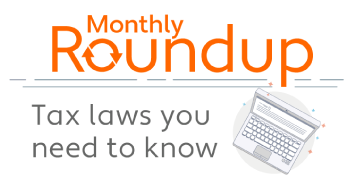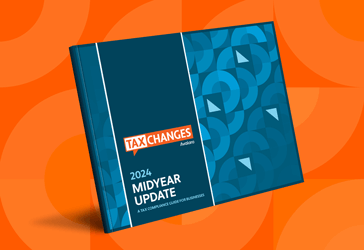Brexit: Now What? Implications for VAT Compliance
Yesterday, voters in the UK opted to leave the EU in an historic decision, called “Brexit”. In the immediate aftermath of the vote, it has sent global stock markets roiling, UK Prime Minister David Cameron announcing his resignation, and many businesses within and beyond the UK wondering how this vote will alter the way they conduct cross-border business. While the long-term impact of Brexit remains to be seen, one thing is certain: VAT obligations will change for companies doing business in and potentially with the UK.
Following the conclusion of exit negotiations, which will likely take the full two years allowed, the UK will leave the EU VAT regime: UK businesses will be no longer be obliged to follow the EU VAT Directive. This change will likely create many new VAT compliance obligations and complexities, particularly for companies selling from and into the UK. Companies will require heavy investment and planning to cope with the changes.
Many customers have already reached out to us to ask: what happens next? Which industries will be affected? What are the consequences of this vote? What should they do, and when should they do it? We could see some businesses actually benefiting from potential reversals on EU rulings, such as the UK’s proposal to offer reduced VAT on solar panels, which was originally rejected. British tourists are also likely to be better off being able to claim VAT refunds for EU goods brought back into the UK. However, while these are both positive implications, the UK will now have to pay various non-tariff ‘frontier costs’ of bringing goods into the EU’s single market, which could add an estimated €3.6bn* to the cost of exporting into the 27 EU states. While changes won’t take place immediately, UK exporters need to get the groundwork under way to understand what this means for their financial processes and systems.
Brexit proves the fact that change is the norm when it comes to laws governing tax compliance. It also proves the case for automating tax compliance. When changes occur, software helps relieve them of the complexities of managing changes in VAT compliance. Follow us here for more updates on how Brexit will impact national and international business tax. Get additional analysis here.
* EC Cecchini Report 2%, UK goods export data
Stay up to date
Sign up for our free newsletter and stay up to date with the latest tax news.













